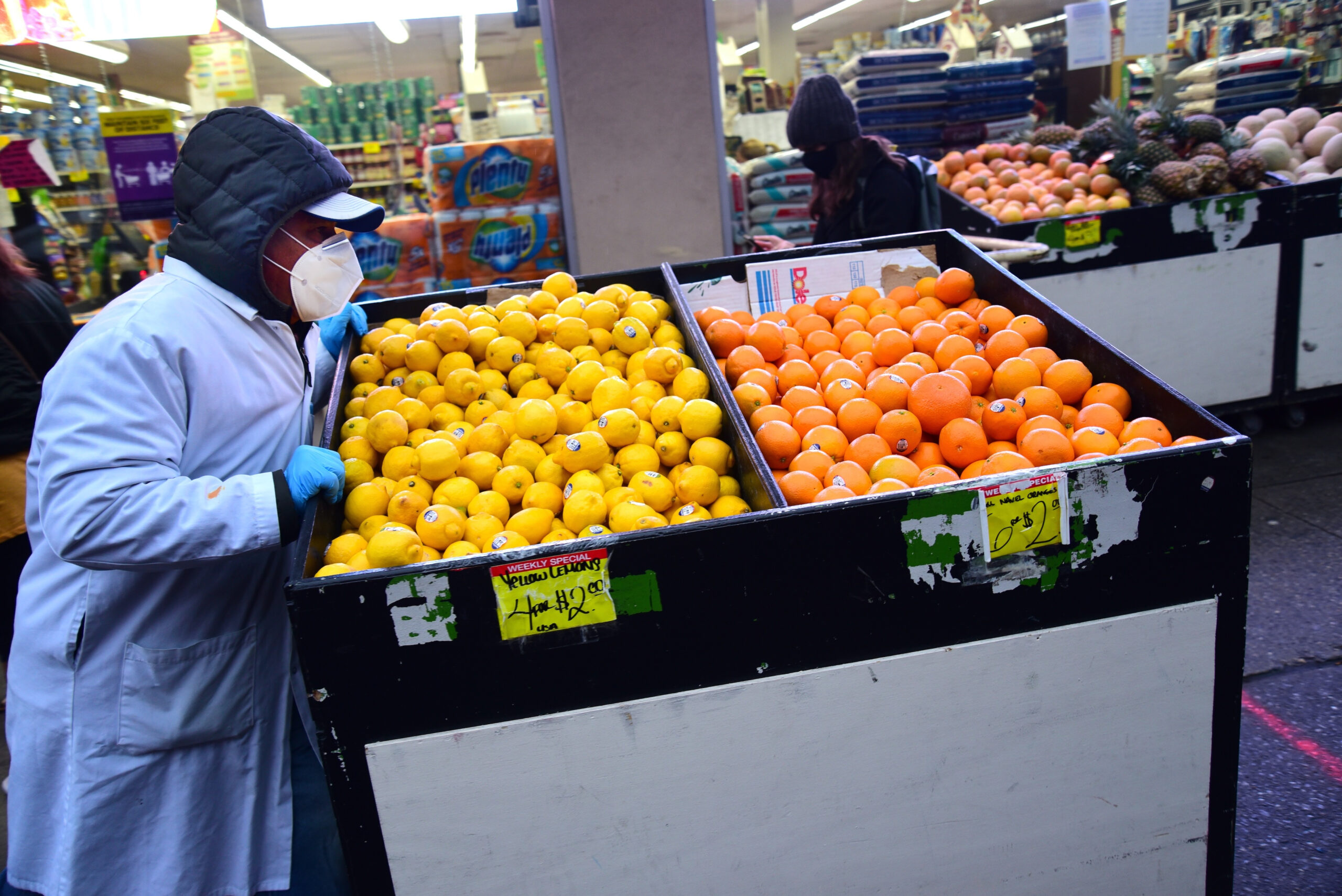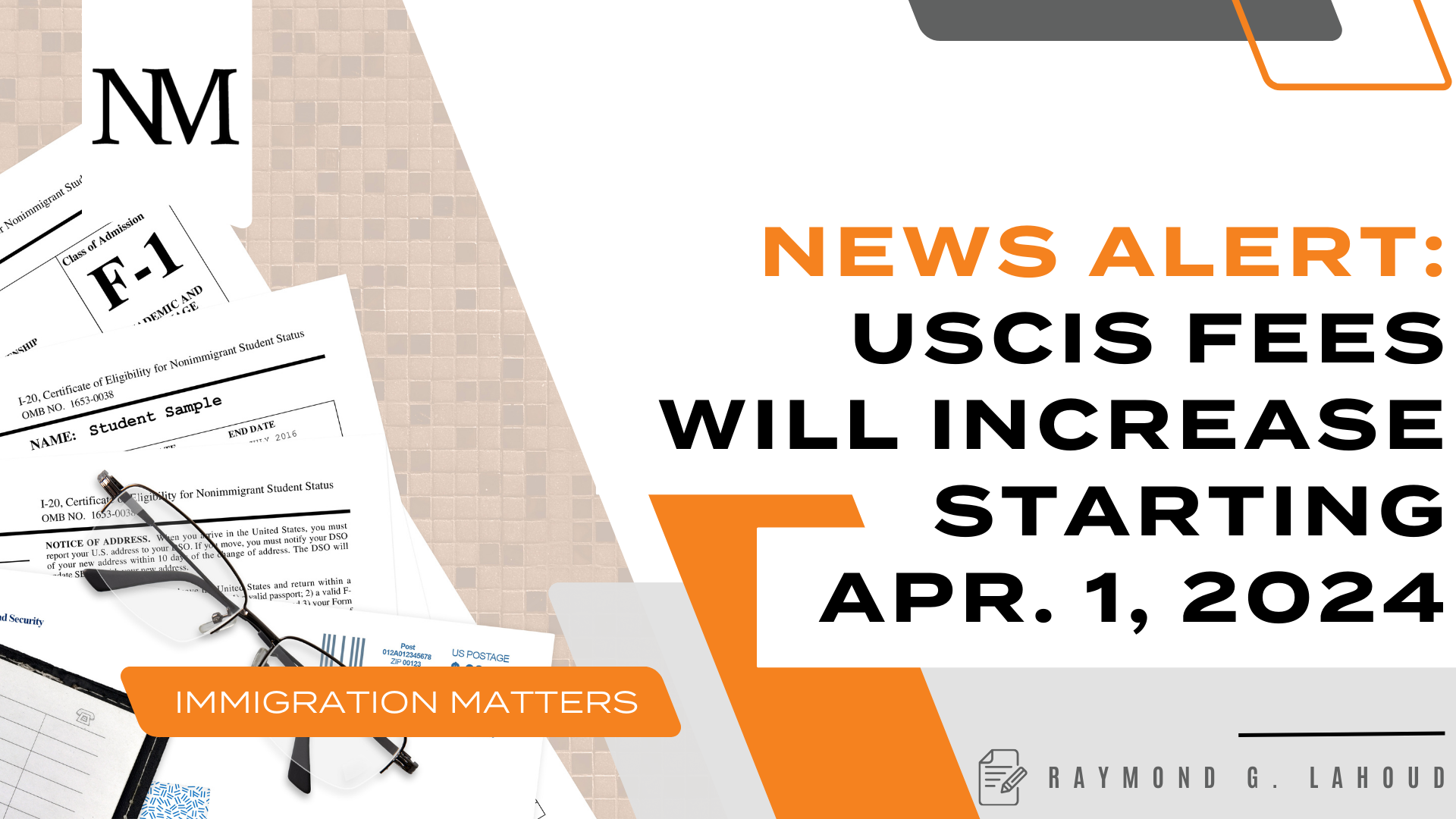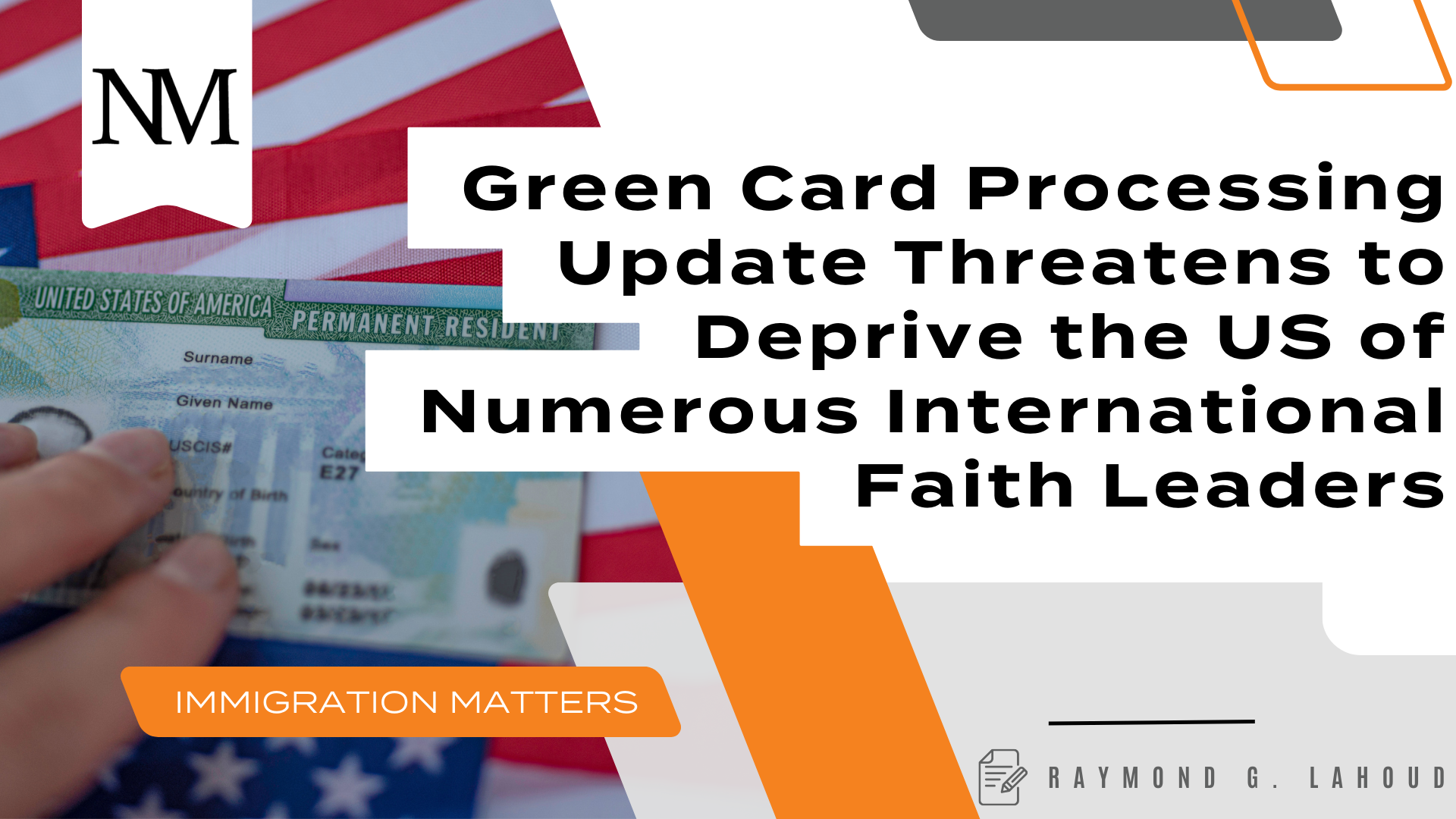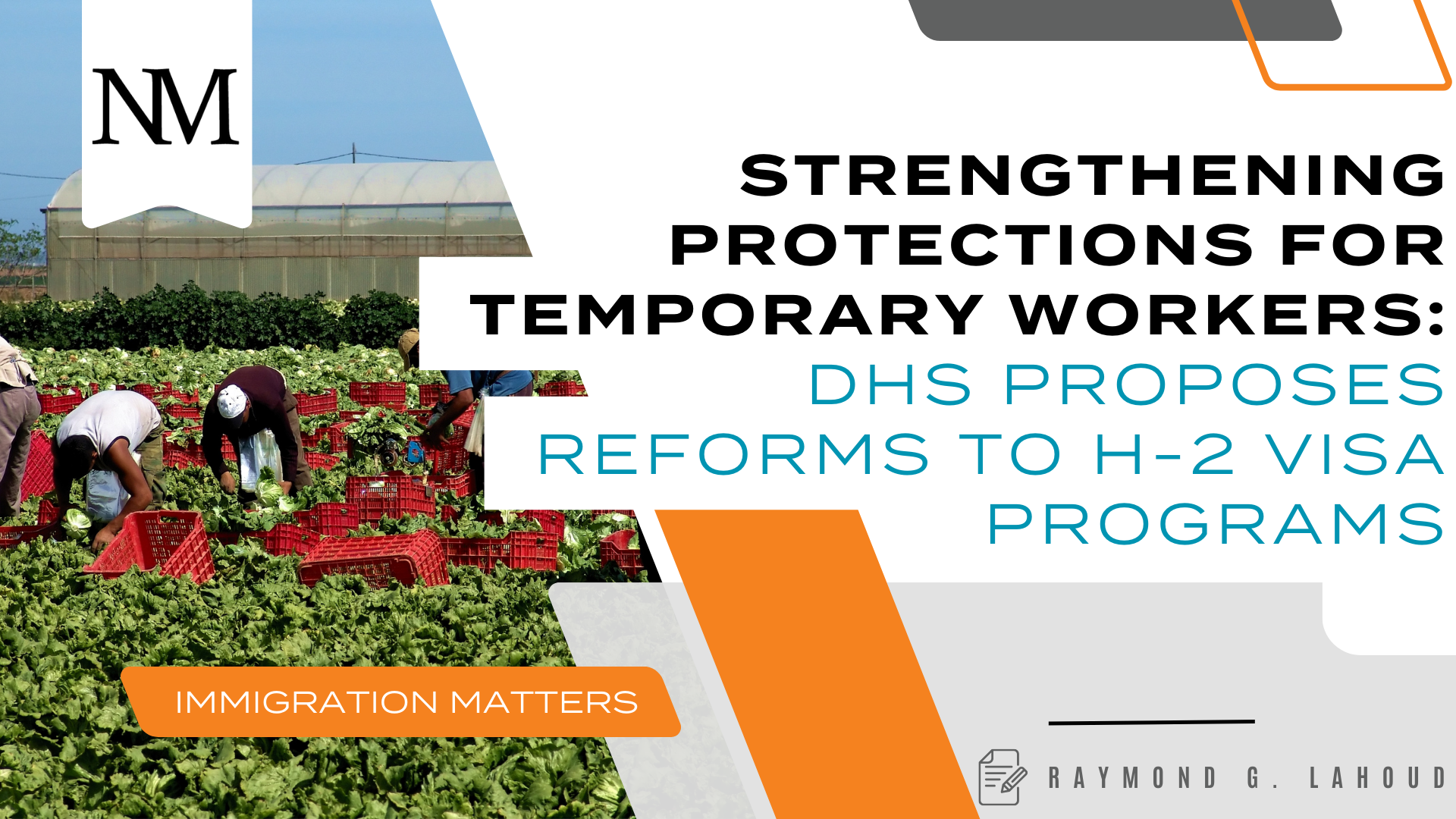Labor Shortage Concerns a Bigger Problem for U.S. Agriculture Sector

The food and agriculture sector of the United States is facing a looming shortage of workers. This was a concern even before the COVID-19 pandemic hit the globe, and the shortage of laborers has worsened with time. Routinely, the labor department has noticed a demand for laborers that is higher than the number of visas allotted under the Immigration and Nationality Act.
The Agricultural Workforce Coalition (AWC), along with almost 300 other trade unions, signed a letter requesting that the Senate reform immigration policies so that the agriculture labor shortage concerns are addressed. More specifically, the unions are advocating for the expansion of the H-2A visa program to allow for year-round, uncapped labor.
H-2A and H-2B Visas
Under the H-2A and H-2B visa programs, U.S. employers may hire noncitizens for temporary work in agricultural and non-agricultural positions, respectively. The H-2A visa, which is for agricultural workers, is not subject to the cap, which means there is no limit on the number of noncitizens that U.S. employers may hire. However, H-2B visas, which are used to hire food processors, meatpackers, and poultry processors, etc., are subject to a cap. In a fiscal year, the H-2B cap is set at 66,000 workers for two halves of the fiscal year. The demand for these visas often exceeds the permitted cap.
Eligible employers who have approval from the Department of Labor (DOL) to hire seasonal non-agricultural workers may file a petition seeking additional H-2B workers. Attestation is required along with the petition to demonstrate the business is likely to suffer irreparable harm without a supplemental workforce.
22,000 More Visas for H-2B Temporary Non-Agricultural Workers
In May 2021, the DOL and the Department of Homeland Security (DHS) together published a joint temporary final rule that allowed an additional 22,000 H-2B temporary non-agricultural workers for the fiscal year 2021. Of the additional visas issued, 6,000 are reserved for nationals from the Northern Triangle countries – Honduras, El Salvador, and Guatemala, while 16,000 visas are available only to the returning workers from the preceding three fiscal years (FY 2018, 2019, and 2020).
“The temporary final rule is designed to prevent permanent and severe financial loss to U.S. employers by supplementing the congressionally mandated H-2B visa cap, takes into account feedback from American businesses, employer organizations, and labor representatives, and is one piece of the administration’s broader comprehensive framework for managing migration throughout North and Central America,” said Tracy L. Renauld, U.S. Citizenship and Immigration Services (USCIS) acting director.
Renauld added, “this rule incorporates several key provisions to ensure adequate safeguards for U.S. workers and H-2B workers. The rule requires that employers take additional steps to recruit U.S. workers, and provides for ‘portability,’ which allows H-2B workers already in the US. to begin employment with a new H-2B employer or agent once USCIS receives a timely filed, non-frivolous H-2B petition, but before the petition is approved. Portability enables H-2B workers to change employers more quickly if they encounter unsafe or abusive working conditions. The DHS and DOL will also conduct a significant number of post-adjudication reviews to ensure compliance with the program’s requirements.”
Ohio Food and Agriculture Sector Has Taken a Hit
Margaret Jodlowski, an Assistant Professor in the Ohio State University College of Food, Agricultural, and Environmental Sciences, said, “this increase is far less than the requested number of H-2B visas for the first half of FY2021.Labor supply access is likely to remain a significant area of concern for both agricultural and non-agricultural operations.”
During the first quarter of fiscal year October 2020 through December 2020, the Ohio businesses requested 522 H-2B petitions during this quarter, of which 413 (79%) were certified.
To learn more about this blog post or if you have any other immigration concerns, please feel free to contact me at rglahoud@norris-law.com or (484) 544-0022.




